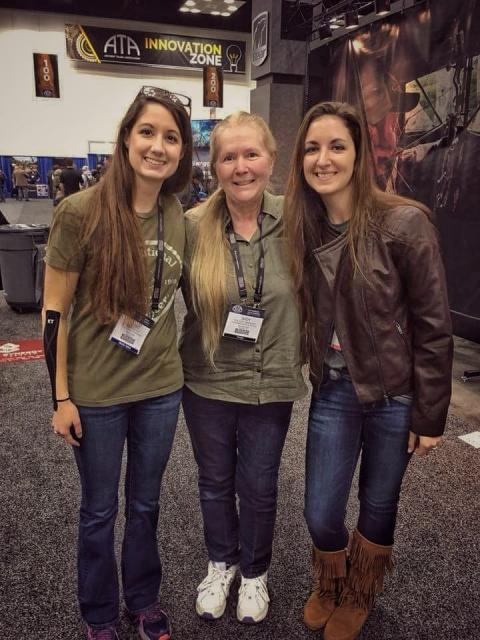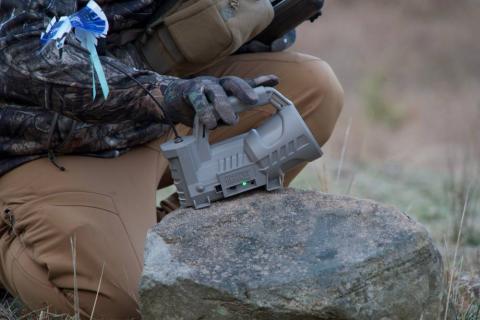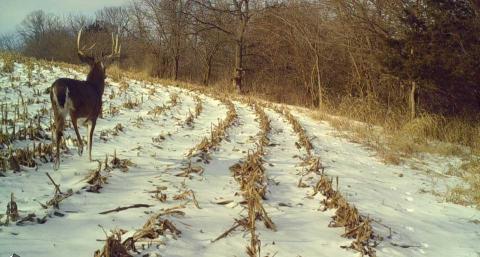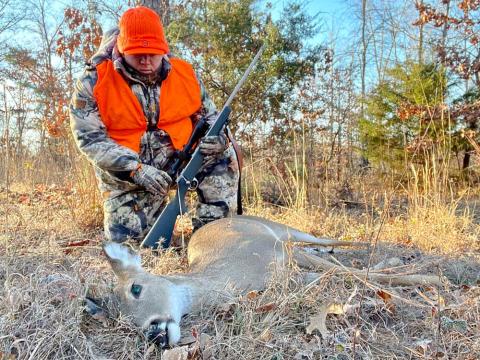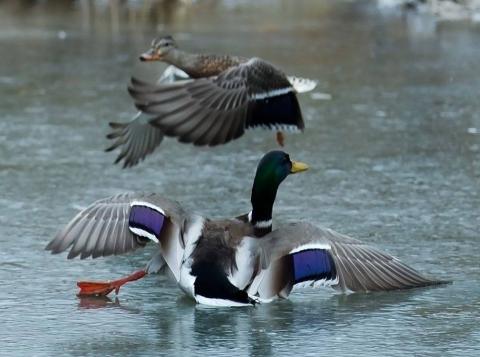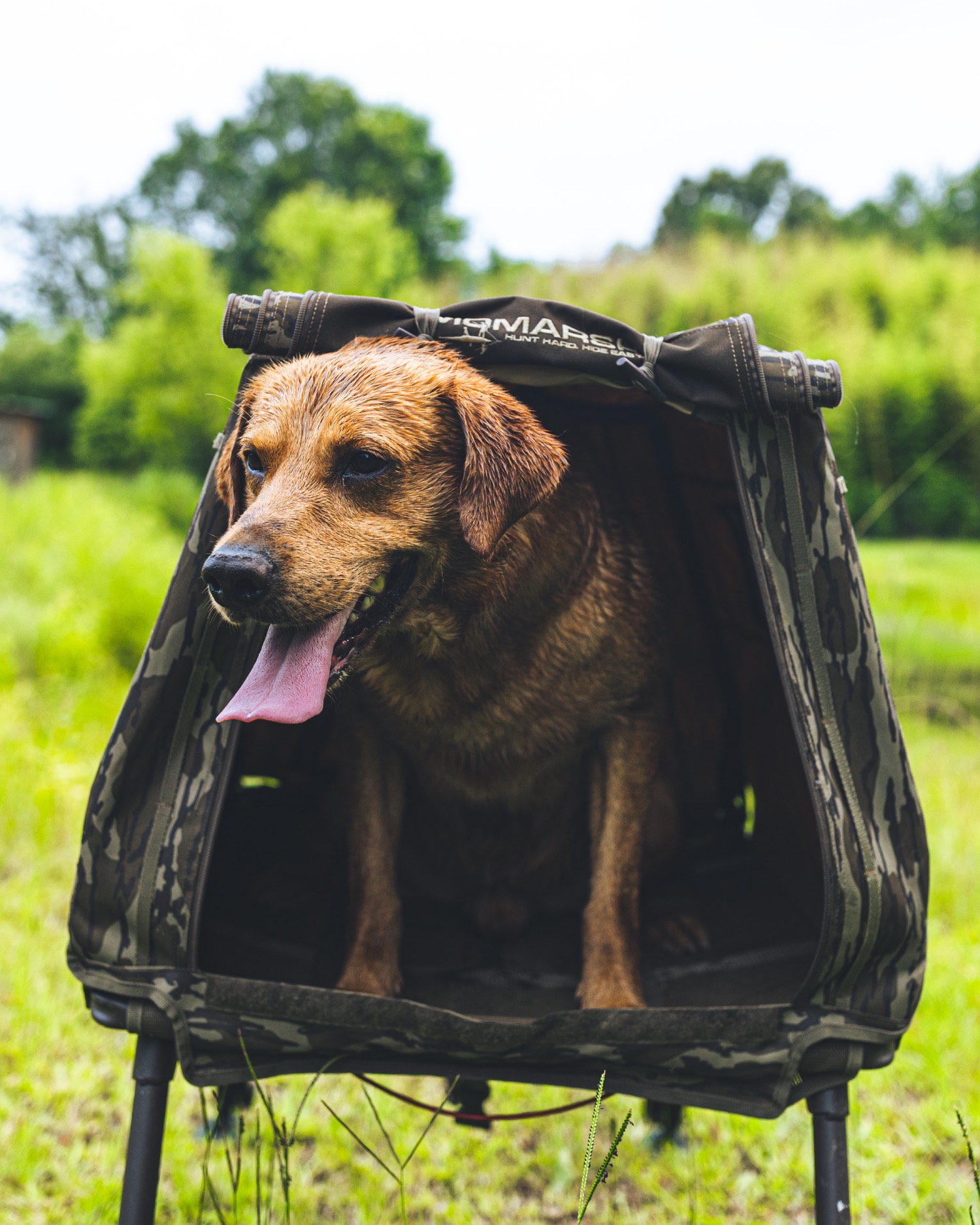
Bill Gibson, Head Trainer, Mossy Oak Gamekeeper Kennels
Waterfowl Retriever Tips: When the Dog Quits Listening
Problem “Becoming Self-Employed”: The dog ignores whistle commands and/or the cast.
Proximate Cause: Excessive handling coupled with environmental issues.
Solution: On the dog’s first hunt with the excitement of birds flying, shots fired, birds falling, and other dogs retrieving, pup will very likely amp up to the point that he/she will ignore the whistle and/or cast, becoming what I call “self-employed.” “Self-employed” in this context means that the dog decides he/she does not have to obey you, as the handler, because he/she knows what to do better than you do. But, be careful in your decisions regarding the proximate cause, as it could be that the dog did not hear the whistle over the sound of gunfire and/or the noise he/she made while running through tall weeds and/or water splashing as he he/she runs through shallows. Excessive handling is the one problem that I see most often in both field trials and hunting situations. So, before corrective action is taken, try to eliminate handler error as the root cause of the problem. At a minimum analyze your handling of the situation by asking yourself:
1. Did I really need to handle the dog?
2. Was the dog running in heavy cover, and because of the noise generated by the heavy cover he/she could not hear the whistle?
3. Was the dog splashing in shallow water, and because of the noise of the splashing water he/she could not hear the whistle?
4. Were there any other activities that could have negatively impacted the whistle command, so that the dog did not hear the whistle?
Only after you have evaluated the situation and satisfied yourself that corrective action is needed should you take corrective action, but then in a timely manner. Be absolutely certain that in the dog’s mind, the corrective action taken directly relates to the problem being addressed and not a correction that is too far removed from the problem in terms of time. In this vein, remember that timing is everything- poor timing creates more problems than it corrects.
For example, if you wait and correct the dog on its return to the blind, in the dog’s mind, you have punished him/her for returning to you and the blind instead of disregarding the whistle. Why? Because to properly time and make a correction for ignoring the stop whistle, it would have to be made at the proximate site where the infraction occurred and immediately after the infraction occurred. Once the dog has moved on, it’s too late.
Normally, the issue of ignoring the stop whistle, once that determination has been made, is best addressed on land. Why? Have you ever tried to wade or swim out in cold weather with full hunting gear and make a correction? I haven’t nor do I intend to. Again, the time delay in getting to the dog while in water negates the effectiveness of the correction. At the risk of being repetitious, always make sure the timeliness of the punishment fits the crime being addressed.
Once you are absolutely certain that the dog heard the whistle, in a loud voice and low tone give the dog a firm “No” and then run out to the dog, restrain him/her by grasping the skin on his/her jaws, and while lifting his/her front legs off the ground, return him/her to the exact spot where the refusal occurred, sit him/her down as close to exact spot as possible, and blow the “sit” command whistle loudly in his/her face. If this proves not to be corrective, go back to basic obedience and reinforce the “sit” command using the whistle and a heeling stick. Then try again until the dog gets it right. If the dog has been properly trained to hunt an area and has built his/her trust in you to help him/her find the retrievable object, correcting this situation should not take long. Only after the correction on land has been made can you transition to water.
I have seen dogs that absolutely refused to immediately stop and sit on the whistle during land training. For example, after using a long rope attached to a slip collar failed and else all else failed, my associate, as a last resort, blew the stop whistle on a water retrieve. Guess what? The dog responded to the whistle in the water and for some reason her brain clicked, and she associated this with land retrieves and has been spot-on ever since. She stops on the whistle, and takes cast every time without fail. I have not been able to figure this one out, but it worked. The lesson being, keep training. Don’t give up and don‘t be afraid to try a different approach.
















